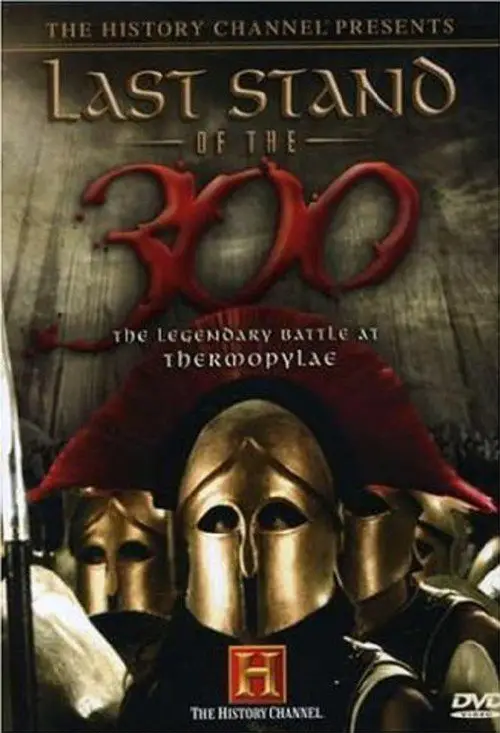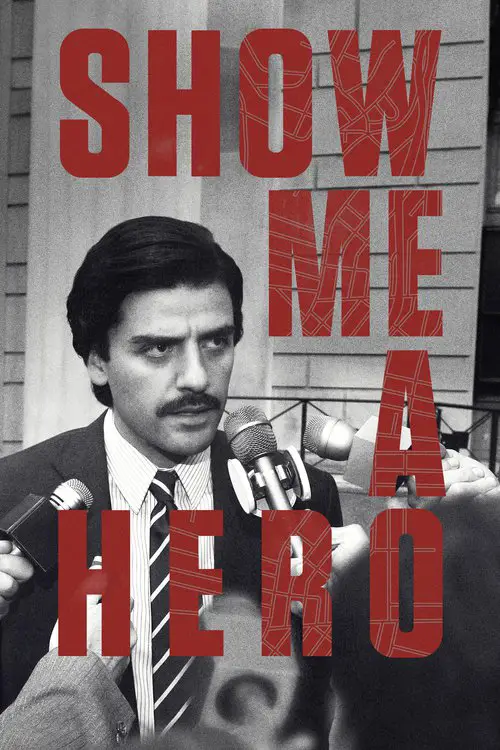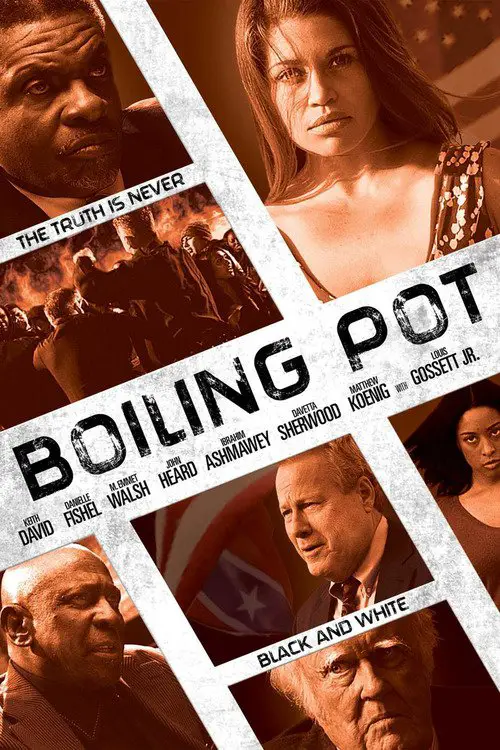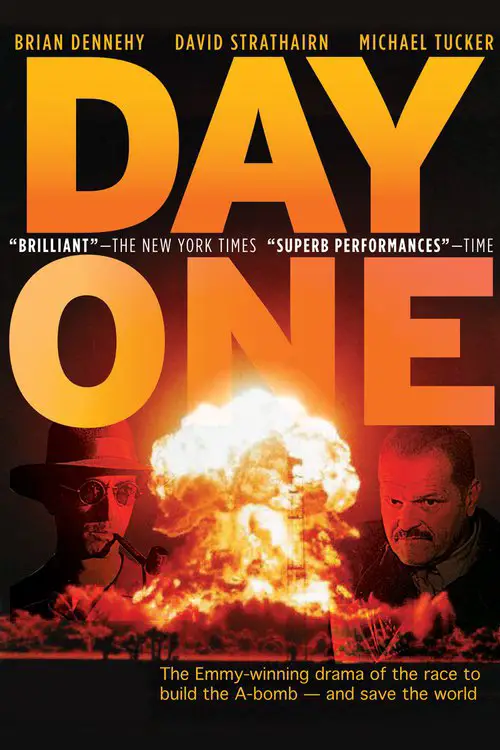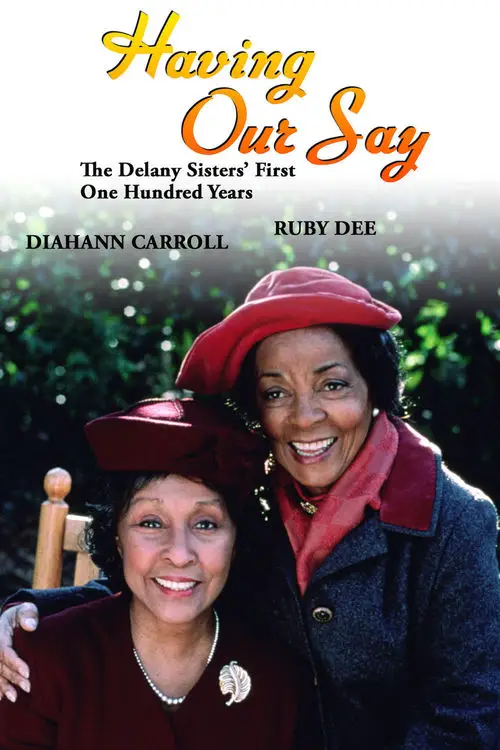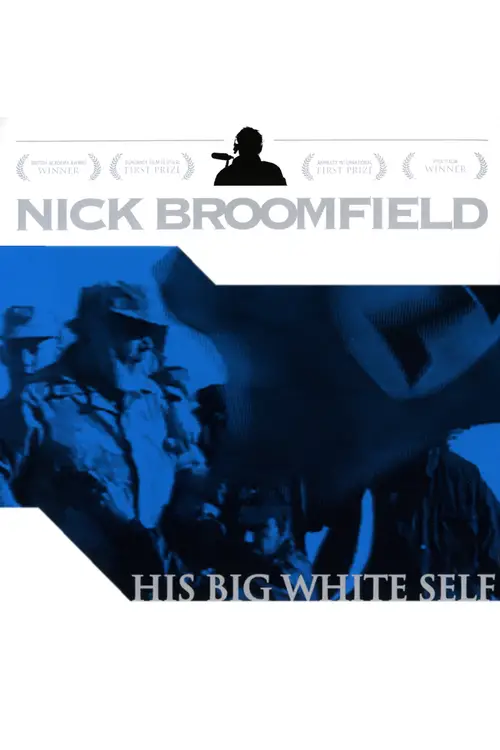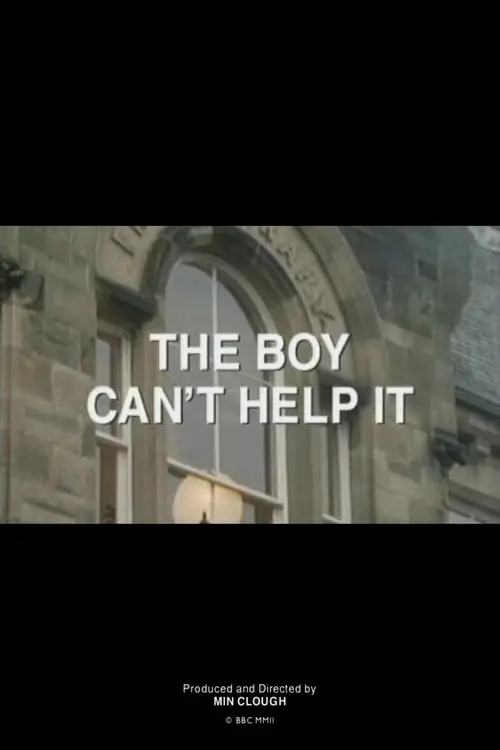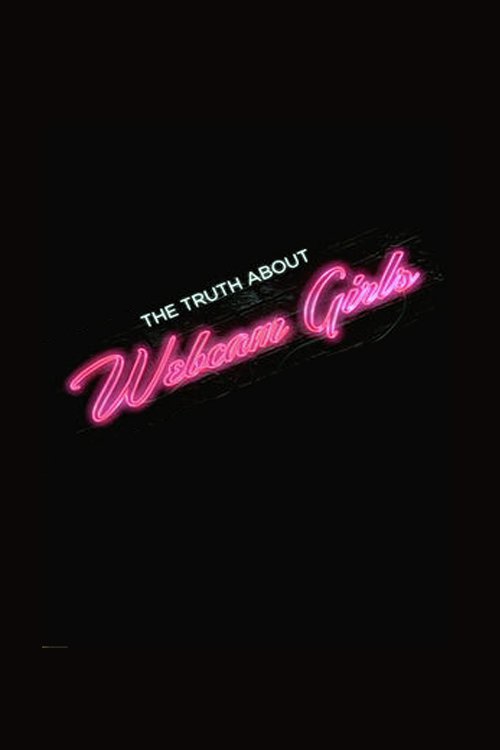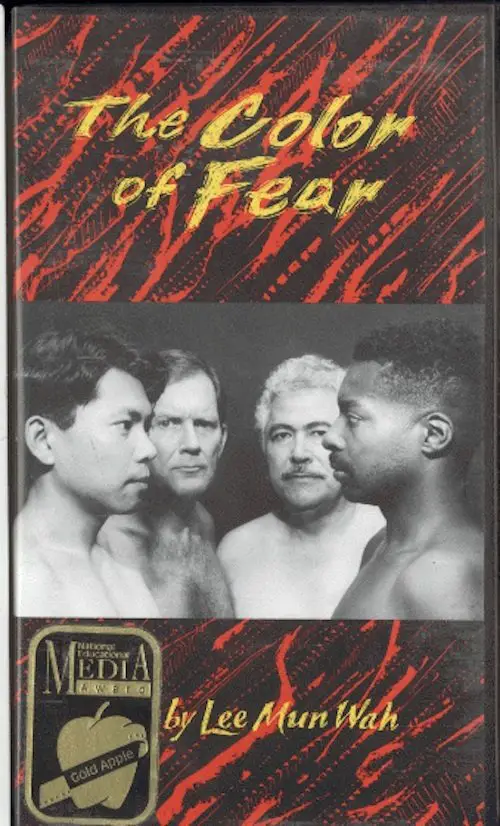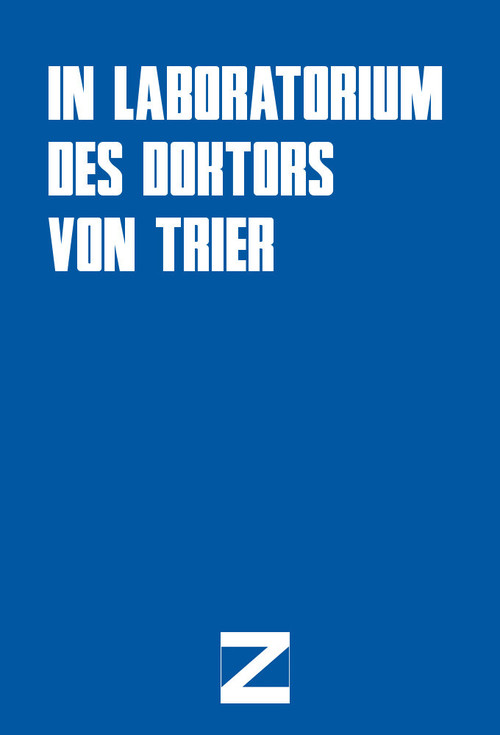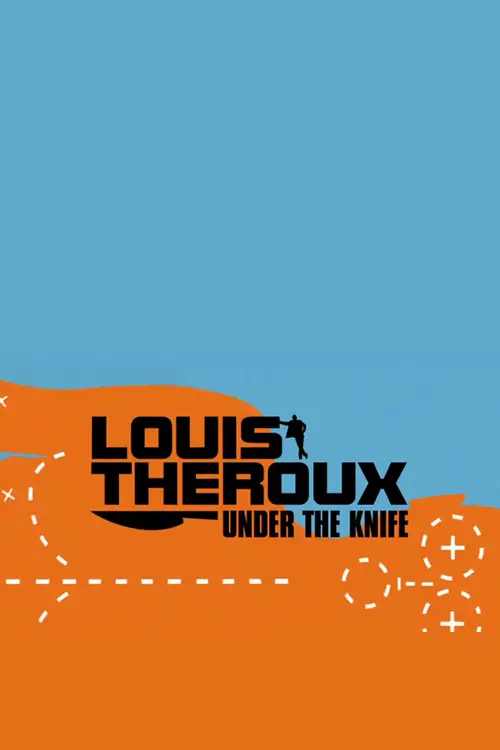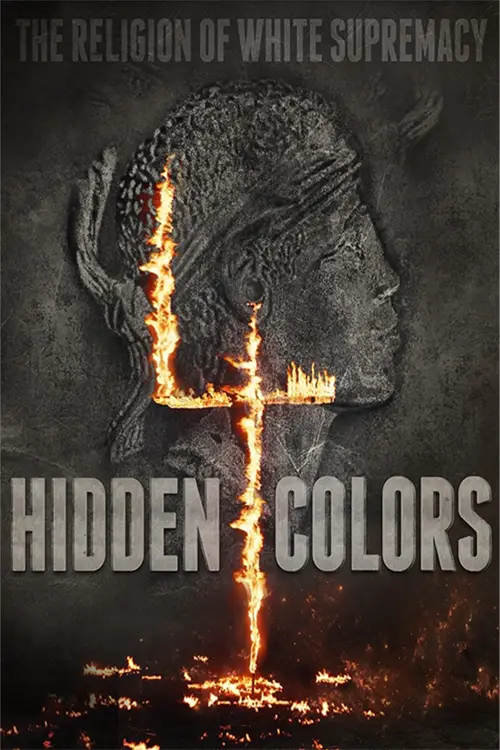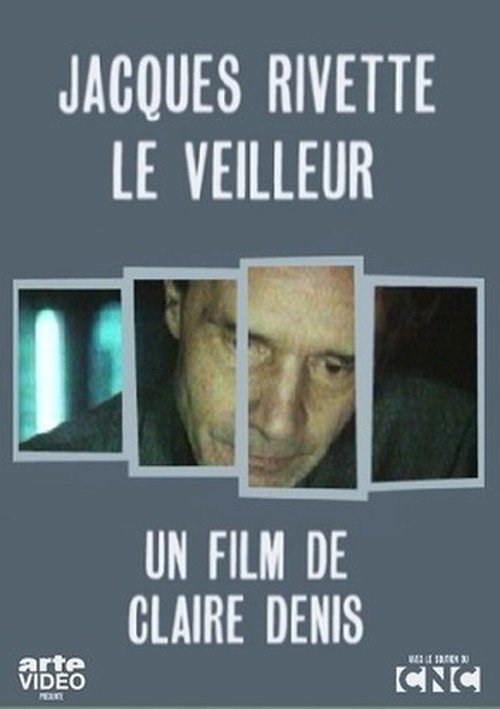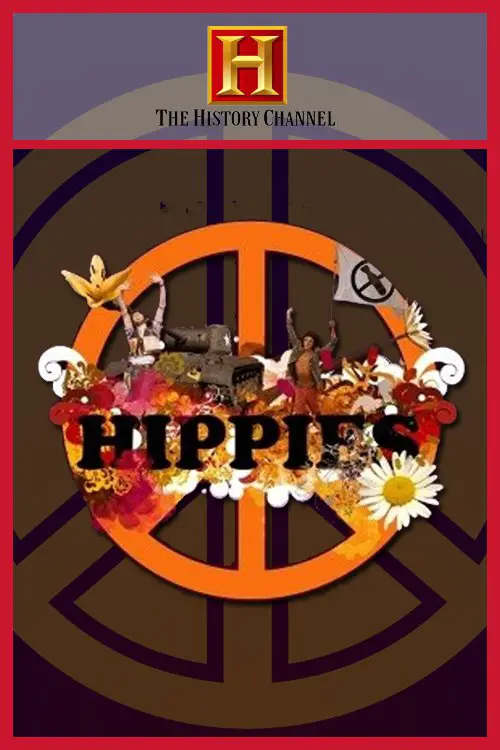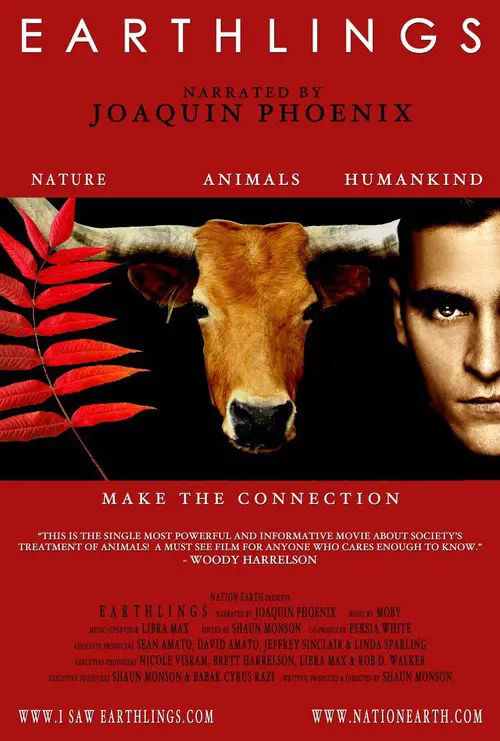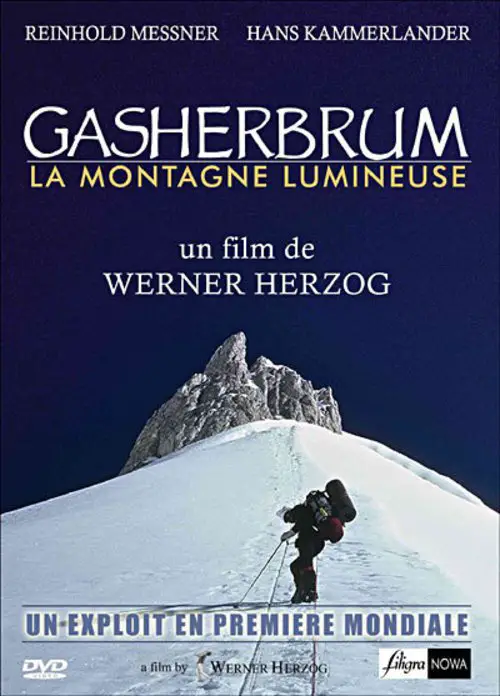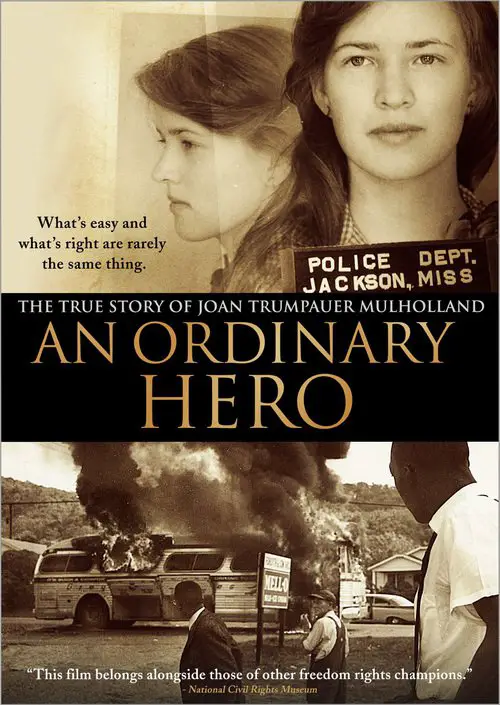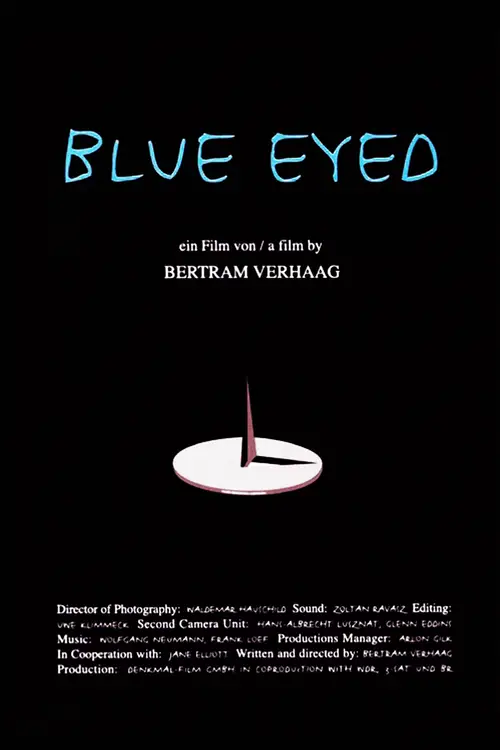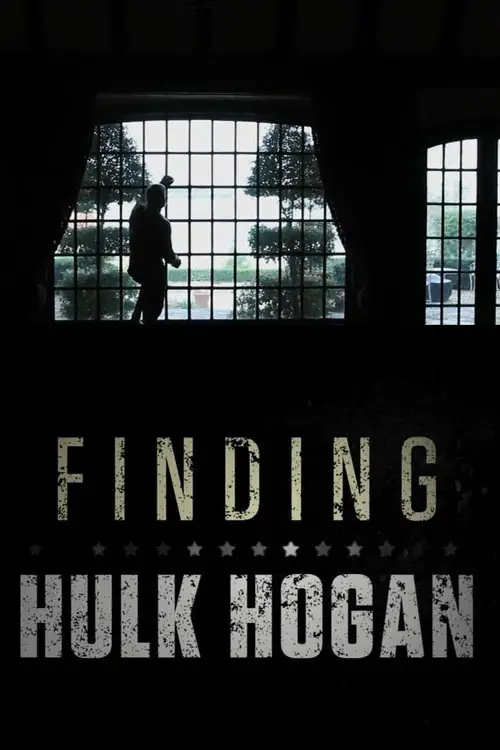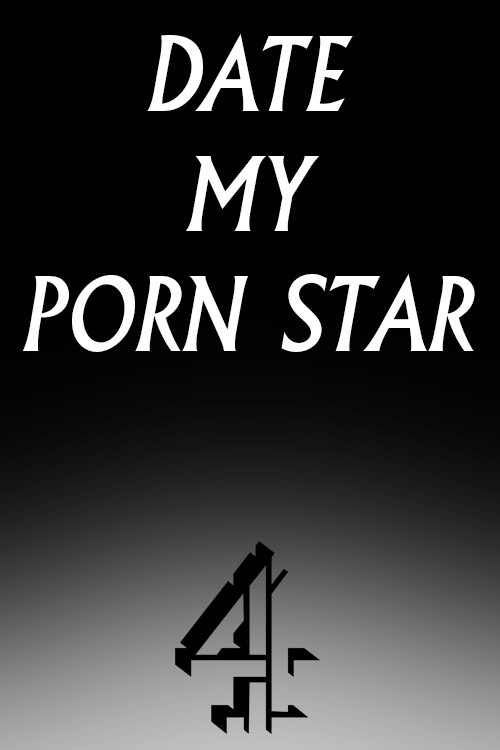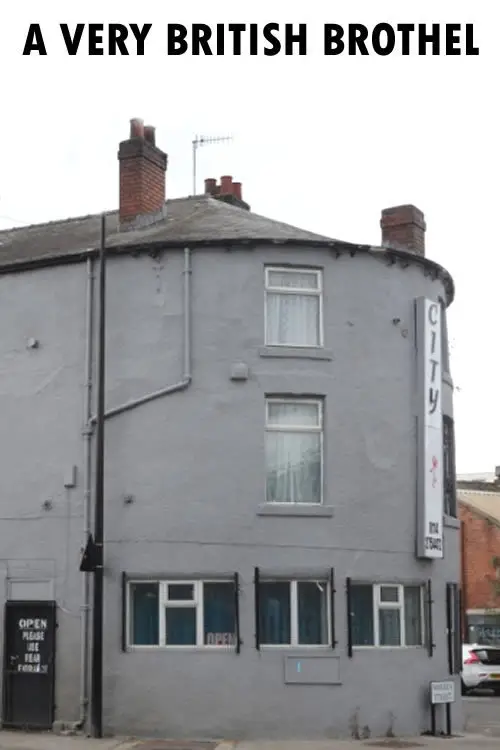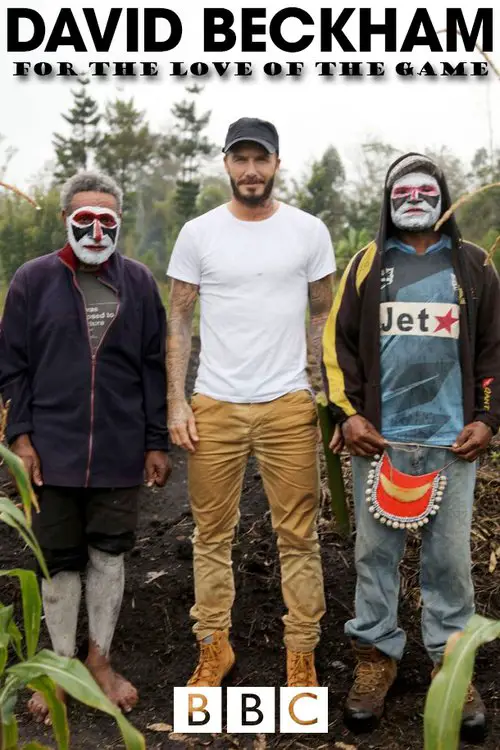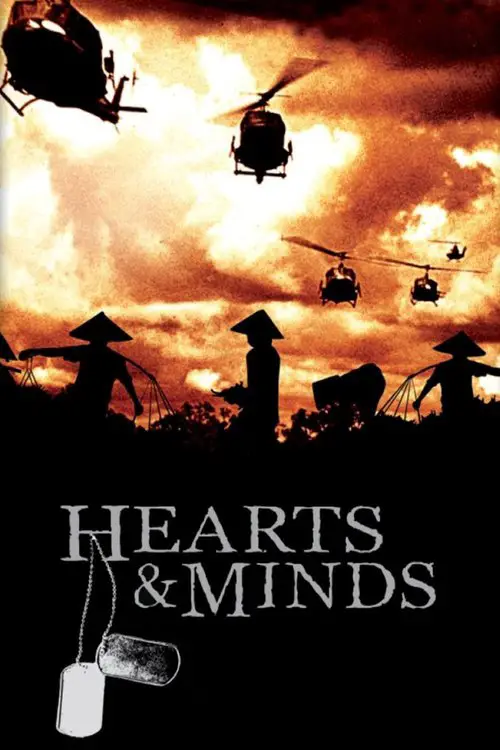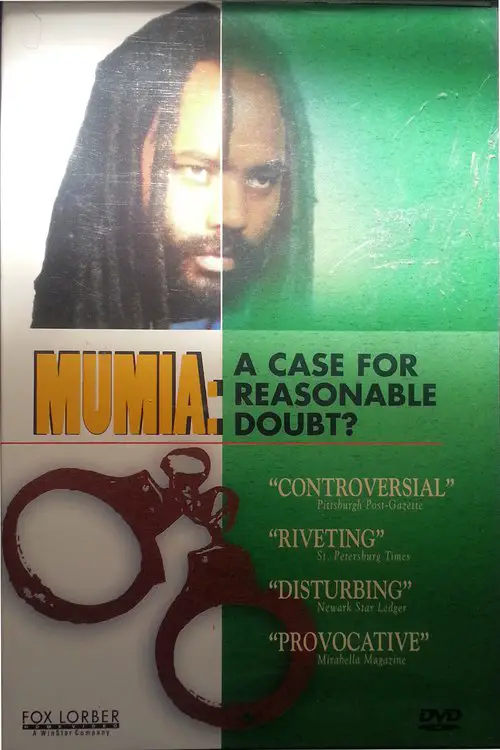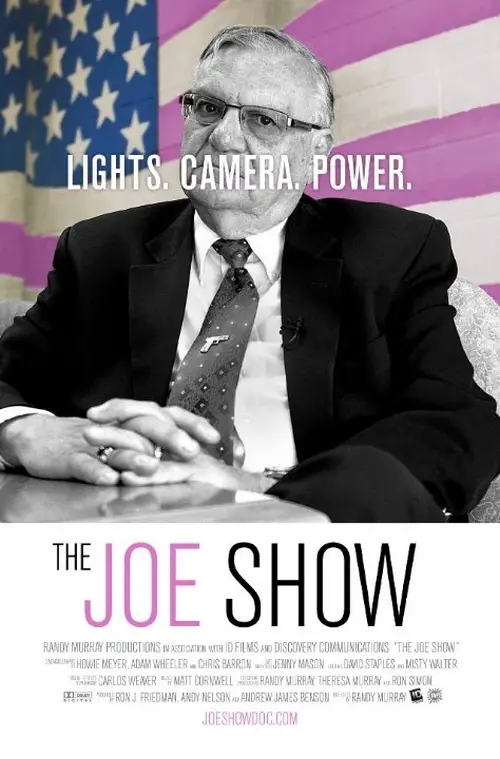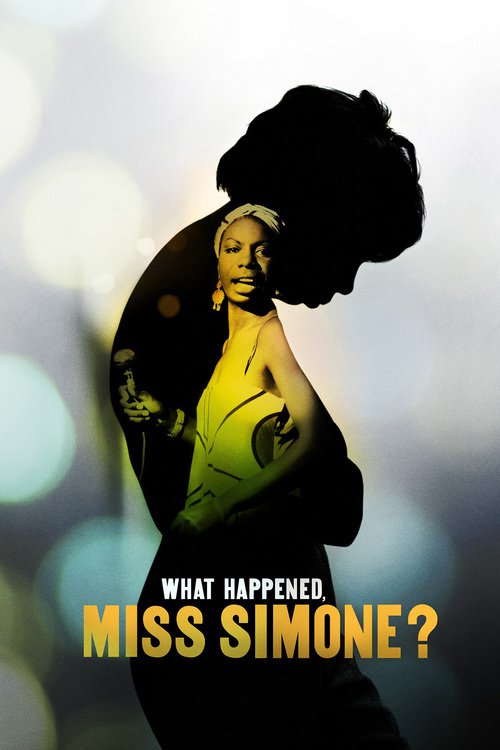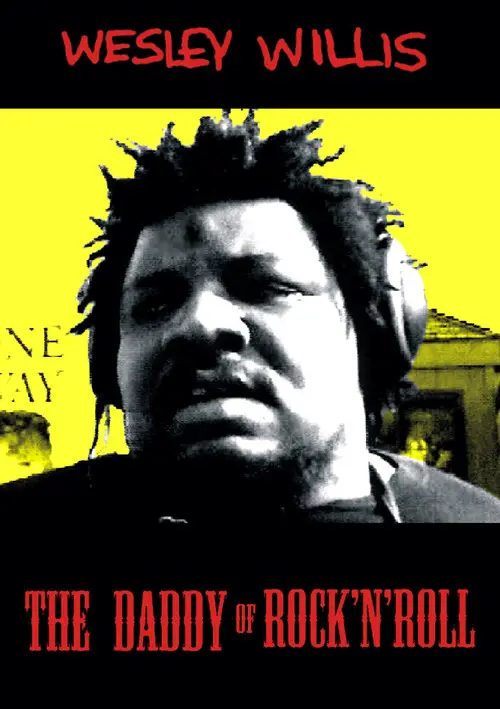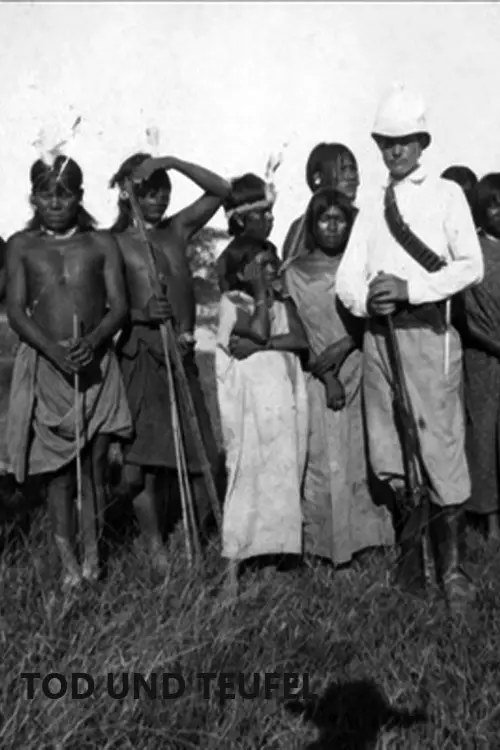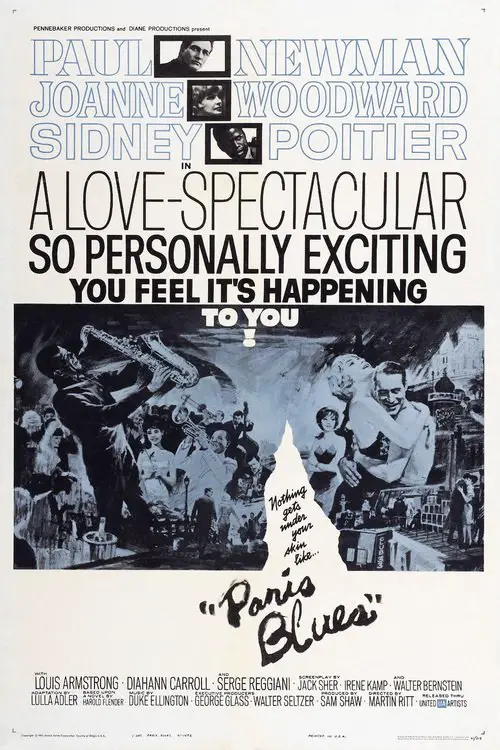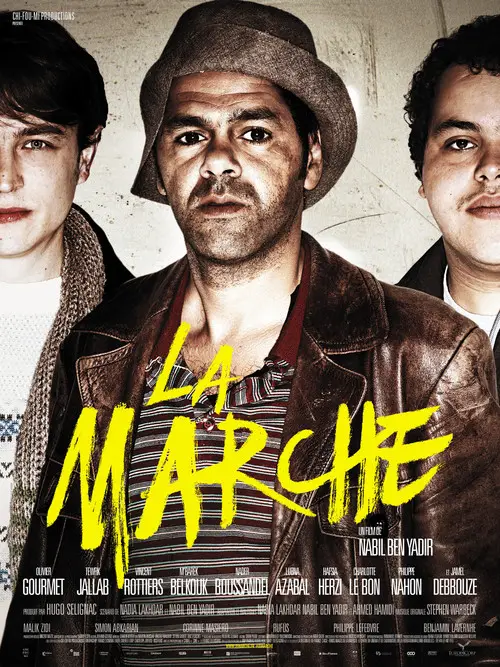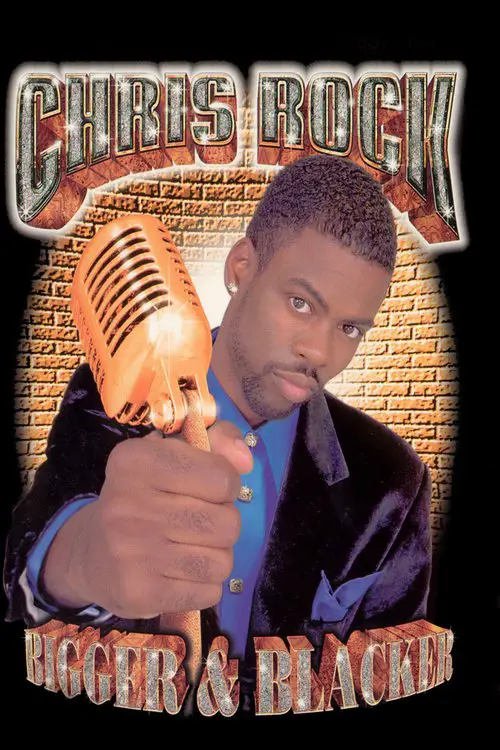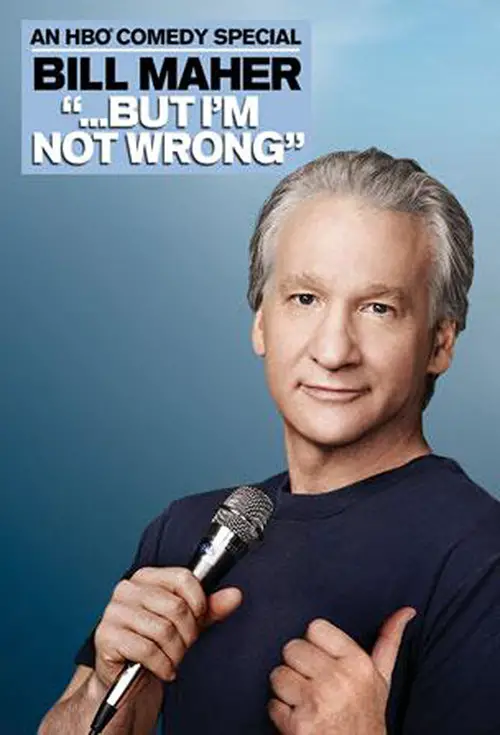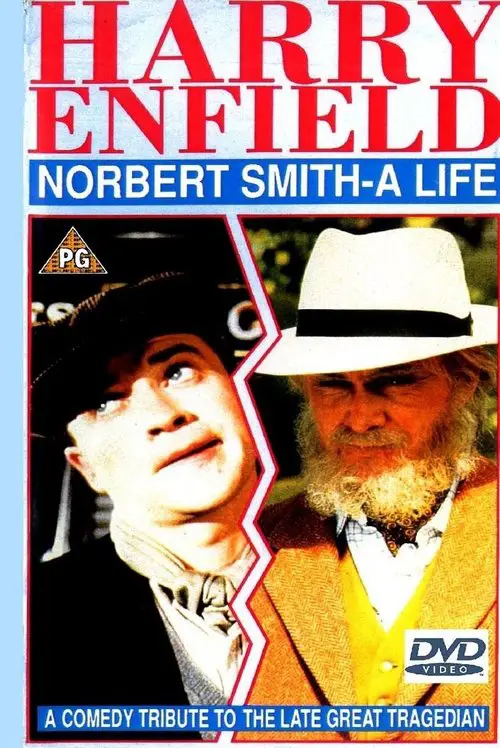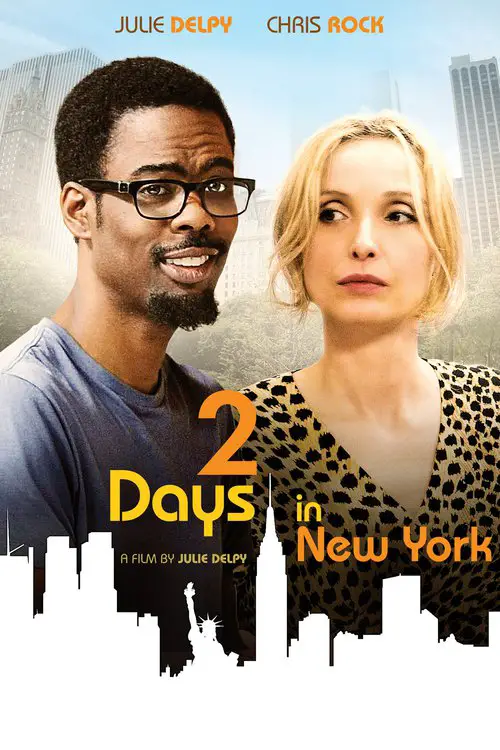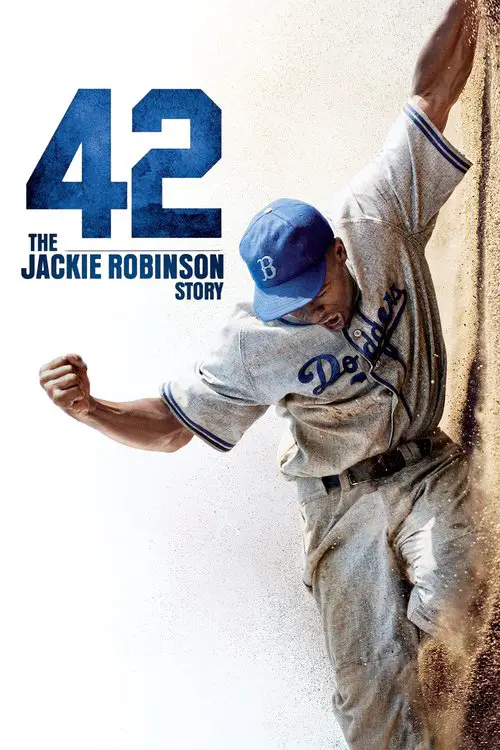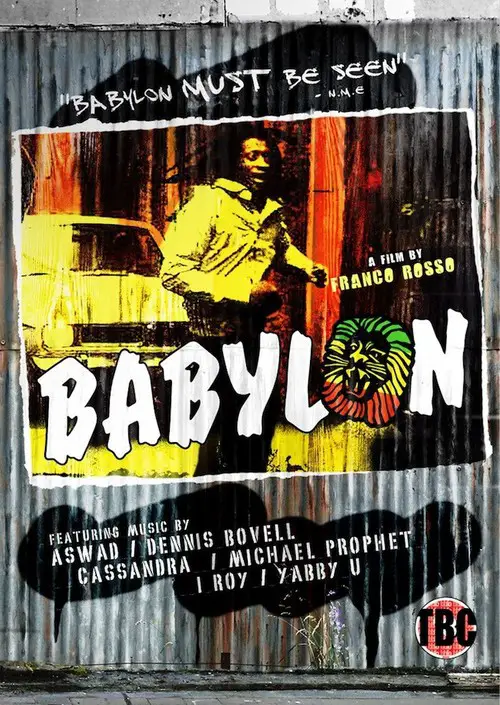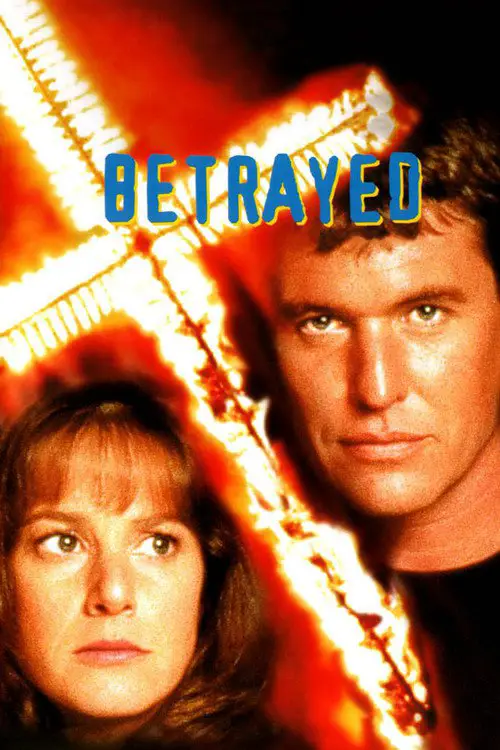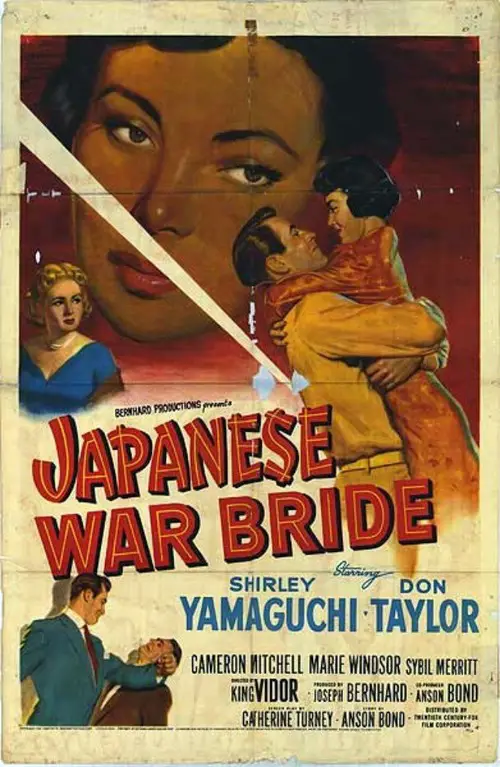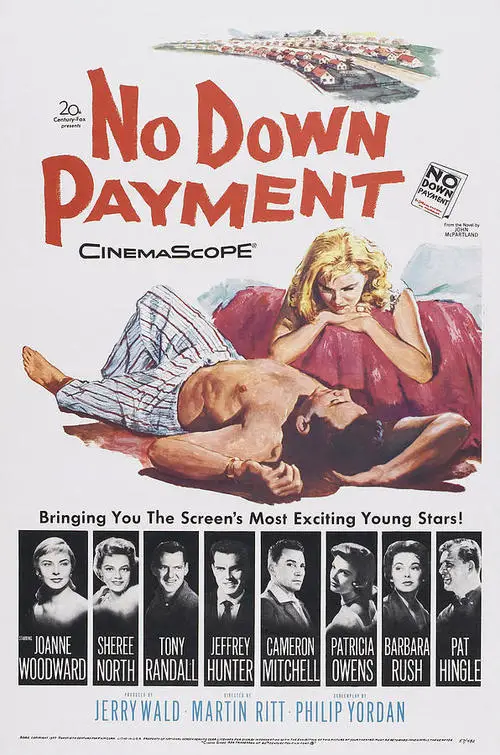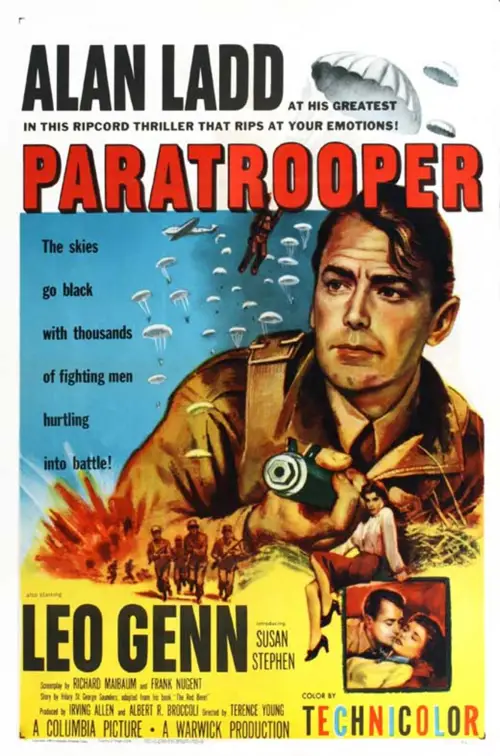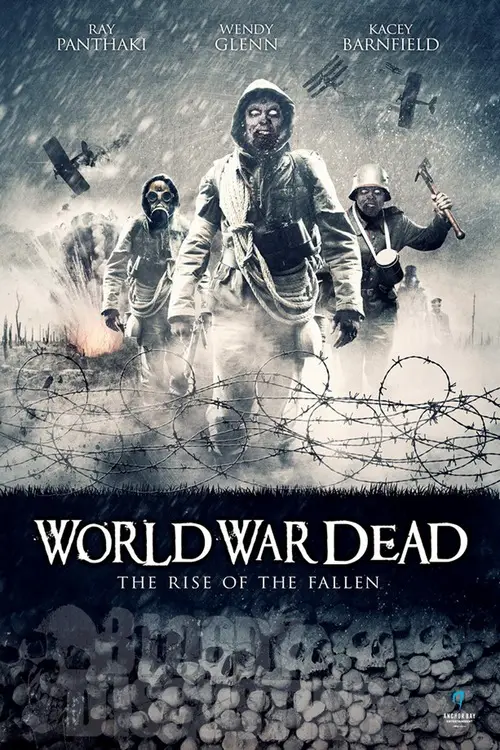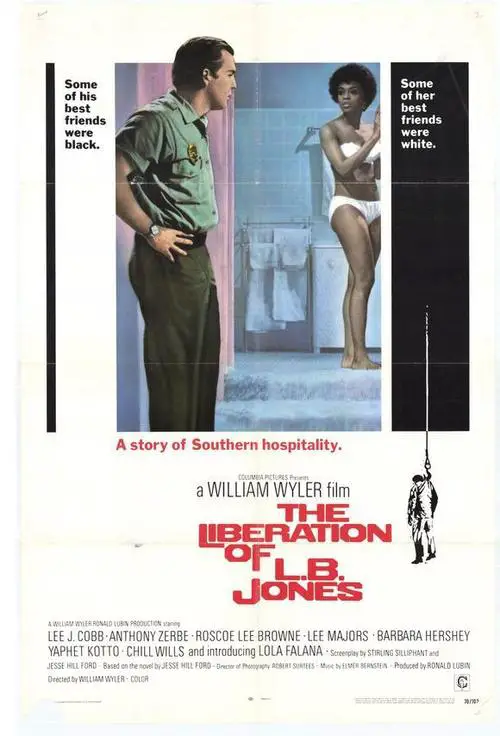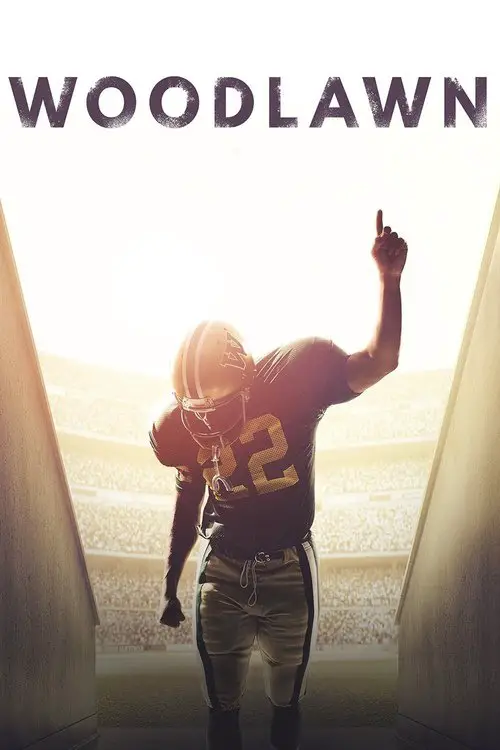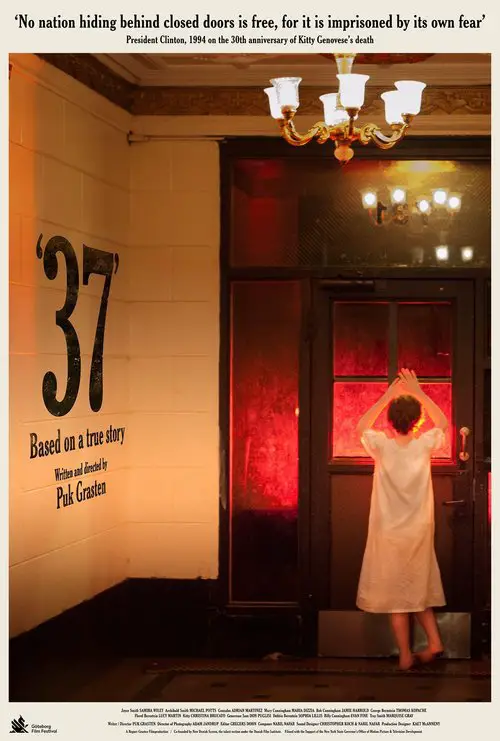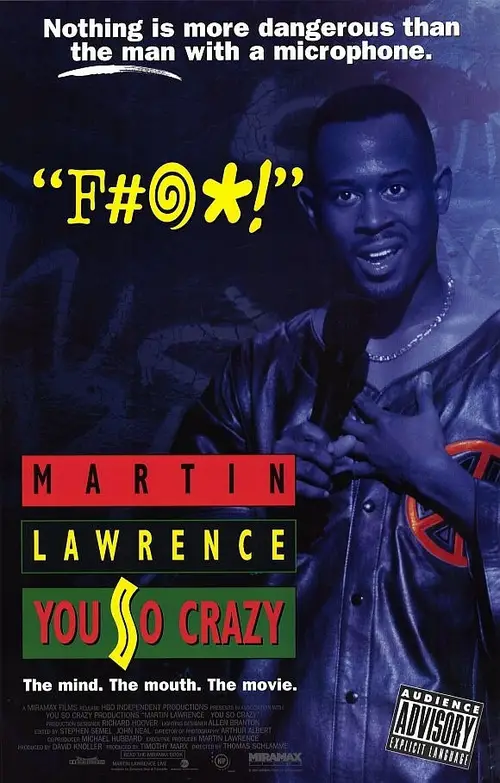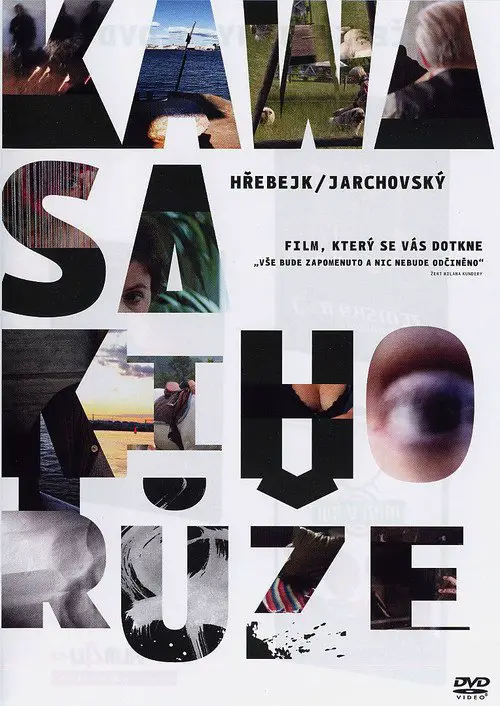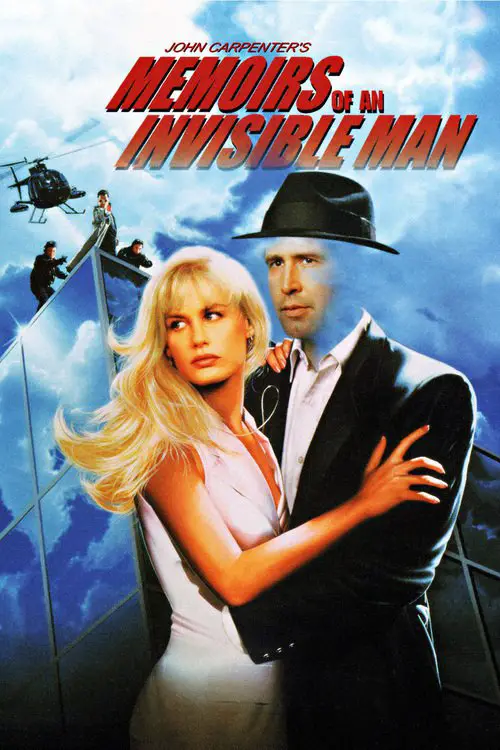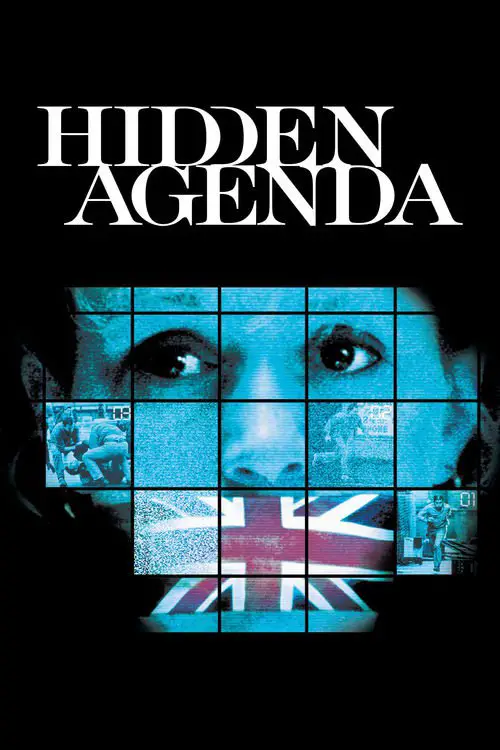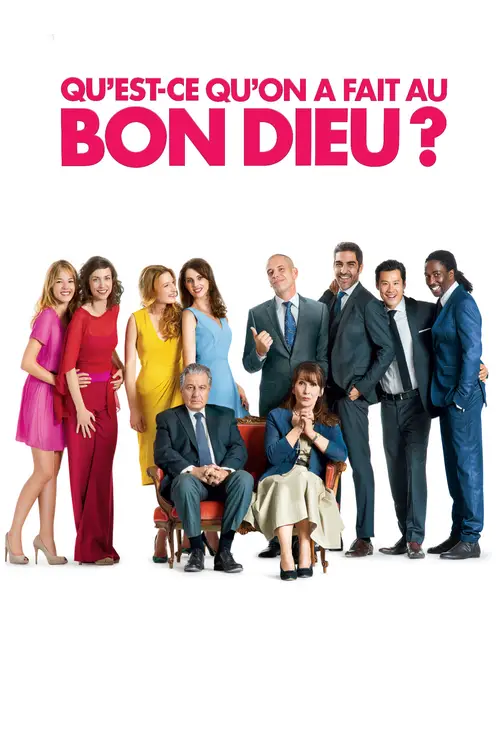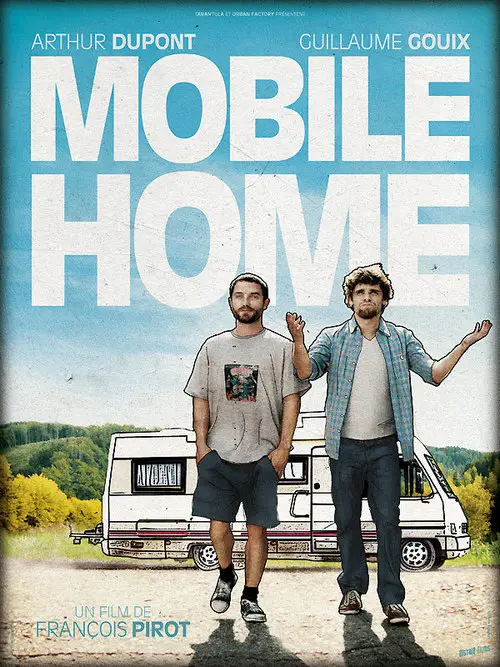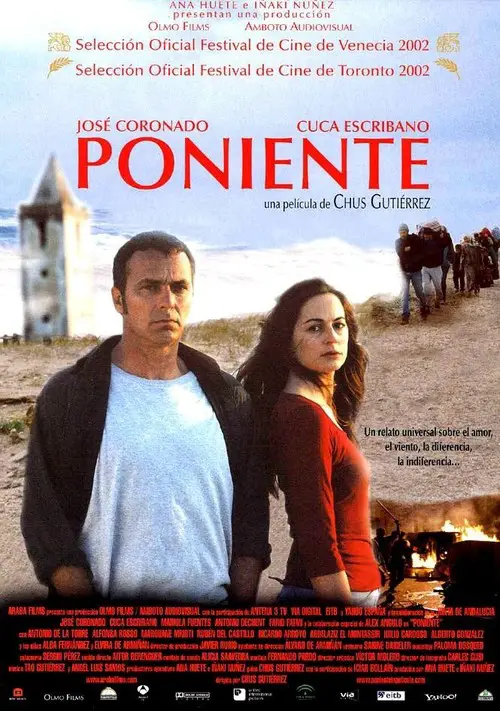Black History: Lost Stolen, or Strayed (1968)
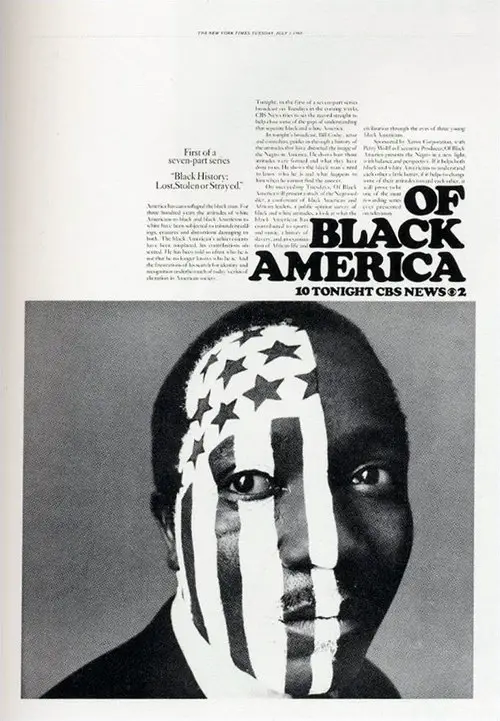
Similar movies
This is the true and astounding saga of the Spartans at Thermopylae. It is among the greatest tales of war ever recounted. All the glory and grit of these warriors' last stand is captured in this exceptional documentary. It is almost impossible to understand how 300 Spartans managed to hold off the million-man Persian army for even a moment, much less seven days. To a man they paid with their lives but their stunning Last Stand assured that their sacrifice would resonate throughout history. Transporting dramatizations and incisive graphics put you in the heat of the battle and show the lay of the land. The complications and strategies of the conflict are revealed through careful analysis, and critical moments are reconstructed to show exactly what happened. Discover what the Spartans were fighting for, what made them capable of such heroics and what drove them to such sacrifice.
Hungarian physicist Leo Szilard leaves Europe, eventually arriving in the United States. With the help of Einstein, he persuades the government to build an atomic bomb. The project is given to no-nonsense Gen. Leslie Groves who selects physicist J. Robert Oppenheimer to head the Los Alamos Laboratory in New Mexico, where the bomb is built. As World War II draws to a close, Szilard has second thoughts about atomic weapons, and policy makers debate how and when to use the bomb.
Tells the story of Sadie and Bessie Delany, two African-American (they preferred "colored") sisters who both lived past the age of 100. They grew up on a North Carolina college campus, the daughters of the first African-American Episcopal bishop, who was born a slave, and a woman with an inter-racial background. With the support of each other and their family, they survived encounters with racism and sexism in their own different ways. Sadie quietly and sweetly broke barriers to become the first African-American home-ec teacher in New York City, while Bessie, with her own brand of outspokenness, became the second African-American dentist in New York City. At the ages of 103 and 101, they told their story to Amy Hill Hearth, a white New York Times reporter who published an article about them. The overwhelming response launched a bestselling book, a Broadway play, and this film.
A documentary about Tourettes sufferer John Davidson. This is a follow-up to the 1989 TV documentary John's Not Mad focusing on his present circumstances as an adult with Tourettes and the impact the earlier documentary had on his life. The film also follows an 8 year old who has been diagnosed with Tourettes.
A fictional investigative documentary looks back on the "assassination" of George W. Bush and attempts to answer the question of who committed the murder. Perhaps less morbid and disturbing to watch now than during Bush's presidency, the film doesn't address Bush's policies at all, instead focusing on the way a nation assigns blame in a time of crisis.
Eight North American men, two African American, two Latinos, two Asian American and two Caucasian, were gathered by director Lee Mun Wah for a dialog about the state of race relations in America as seen through their eyes. The exchanges are sometimes dramatic, and put in plain light the pain caused by racism in North America.
This film of interviews with the film director Jacques Rivette was produced in collaboration with Serge Daney, film critic from âCahiers du cinémaâ, then of âLiberationâ. In the course of their conversations, the two speakers discuss Rivetteâs career, his relationships with the other film makers of the new wave, his use of âmise en sceneâ and his working with actors.
The amazing true story of civil rights pioneer Joan Trumpauer Mulholland, An Ordinary Hero is directed by award-winning filmmaker Loki Mulholland, who captures his mother's story and learns about her courage and the role she played in changing American history. As a white girl growing up in the South, Joan witnessed the ugly realities of segregation and racism firsthand and vowed to one day change it. By the time she was 19, she had already joined the Freedom Riders and participated in over three dozen sit-ins and protests. Despite being attacked by angry mobs, put on death row in the notorious Parchman Penitentiary, and coming face-to-face with the KKK, Joan never wavered from her belief that we are all created equal.
In only 15 minutes with some 30 people Jane Elliott manages to build up a realistic microcosmos of society today with all its phenomena and feelings. As already known from the ill reputed Milgram experiment, even participants who knew the "rules" are unable to remain uninvolved. What starts as a game turns into cruel reality which causes some participants' emotions to erupt with unforeseen intensity
Cameras follow David Beckham as he attempts to play a football match on all seven continents and get back in time for his own UNICEF fundraising match at Old Trafford. On the journey, he discovers what football means to the many different people he meets and plays with, as well as some of the universal truths about the game itself, including its ability to inspire and unite people.
This film recounts the history and attitudes of the opposing sides of the Vietnam War using archival news footage as well as their own film and interviews. A key theme is how attitudes of American racism and self-righteousness militarism helped create and prolong this bloody conflict. The film also endeaveors to give voice to the Vietnamese people themselves as to how the war has affected them and their reasons why they fight the United States and other western powers while showing the basic humanity of the people that US propaganda tried to dismiss.
Eight years in the making, The Joe Show is a shocking and wildly entertaining documentary about Americaâs most controversial Sheriff, Joe Arpaio, and his ringmasterâs approach to modern media, politics and law enforcement. Joe's desire for fame changes democracy forever and the voters cheer as ratings soar. The Joe Show explores how Joe uses media and his role as Sheriff to make himself the most famous law enforcement officer in the world. Racism, sex crimes, illegal immigration, first amendment rights, deaths at the hands of his employees â even Obamaâs birth certificate â are all issues Joe faces and spins. Featuring Larry King, Steven Seagal, Hugh Downs, Ted Nugent, Dan Ariely and Noam Chomsky A movie that will engage and enlighten both Joeâs detractors and supporters, the Joe Show takes a hard yet balanced look at how democracy can survive when persuading voters becomes more important than protecting them.
Documentary about the late Chicago artist and musician Wesley Willis. Filmmaker Daniel Bitton follows Willis throughout the Chicago area, riding the bus, talking to friends and strangers alike, selling his CDs to record shops and going about his day. Willis was memorable to many for being schizophrenic as well as 6'6" and over 300 pounds, but was loved by his fans and friends for his quirky, oddball music, artistic talent and for being a real gentle giant. He was a testament to the human drive to survive and create, as he himself was a survivor of extreme poverty, mental illness, child abuse, racism, and obesity. The fact that he lived to see 40 was incredible, but his having a successful music career and being able to function was even more so.
Ram Bowen and Eddie Cook are two expatriate jazz musicians living in Paris where, unlike America at the time, Jazz musicians are celebrated and racism is a non-issue. When they meet and fall in love with two young American girls, Lillian and Connie, who are vacationing in France, Ram and Eddie must decide whether they should move back to America with them, or stay in Paris for the freedom it allows them. Ram, who wants to be a serious composer, finds Paris more exciting than America and is reluctant to give up his music for a relationship, and Eddie wants to stay for the city's more tolerant racial atmosphere.
In 1983, in France experiencing intolerance and racial violence , three young teens and the priest Minguettes launching a largely peaceful march for equality and against racism, over 1,000 km between Marseille and Paris . Despite the difficulties and resistance encountered, their movement will bring about a real boost of hope in the way of Gandhi and Martin Luther King. They unite with their arrival more than 100 000 people from all walks of life and give France its new face.
Agnes Jaoui plays a local political candidate Agathe Villanova, who returns to her childhood home in the south of France in order to help her sister Florence (Pascale Arbillot) sort through their recently deceased mother's belongings. While she's there, the son (Jamel Debbouze as Karim) of family maid (Mimouna Hadji) takes advantage of her presence and attempts to interview her as part of a documentary about successful women that he's undertaken with his film school teacher, Michel (co-writer Jean-Pierre Bacri). However, Michel's intentions aren't quite what they seem, as he's having an affair with Florence and hoping to persuade her to leave her husband.
Chris Rock brings his critically acclaimed brand of social commentary-themed humor to this 1999 standup comedy presentation from HBO. Also released as an album, Chris Rock: Bigger & Blacker features Rock on-stage extolling his razor-sharp wit and wisdom on such topics as gun control, President Clinton, homophobia, racism, black leaders, and relationships.
In front of a live audience at the Raleigh Memorial Auditorium at the Progress Energy Center for the Performing Arts in Raleigh, North Carolina, the Emmy-nominated host of Real Time with Bill Maher performs an all-new hour of stand-up comedy. Among the topics Bill discusses in his ninth HBO solo special are: Whether the "Great Recession" is really over; the fake patriotism of the right wing; what goes on in the mind of a terrorist; why Obama needs a posse instead of the secret service; the drug war; Michael Jackson; getting out of Iraq and Afghanistan; racism; the Teabagger movement; religion; the health-care fight; why Gov. Mark Sanford will come out looking good, and how silly it is to ask "Why do men cheat?"; and why comedy most definitely didn't die when George Bush left office.
Black college graduate Richard Kelly (Cedric Sanders) reluctantly accepts a plea bargain requiring him to spend two semesters at an all-white seminary after he's wrongly accused of crimes committed during the 1965 Watts riots. Facing bigotry on all sides, he's close to cracking until he meets an elderly custodian (Louis Gossett Jr.) who helps him navigate the trials of racism. Lauren Holly also stars in this indie drama inspired by a true story.
As every summer, Georges Lajoie, his wife Ginette and grown-up son Léon go on holiday to Loulou's campsite. They join old friends, the Schumachers and the Colins. Brigitte Colin, the daughter, is quite a pretty young girl now. One day, Georges rapes and murders her. He hides the body near the barracks of the immigrant Arab workers. The racism of the campers will do the rest... A virulent lampoon against the average Frenchman's racism.
Marion and Mingus live cozily â perhaps too cozily â with their cat and two young children from previous relationships. However, when Marionâs jolly father, her oversexed sister, and her sisterâs outrageous boyfriend unceremoniously descend upon them for a visit, it initiates two unforgettable days that will test Marion and Mingusâs relationship. With their unwitting racism and sexual frankness, the French triumvirate hilariously has no boundaries or filters⦠and no person is left unscathed in its wake.
"42" is the powerful story of Jackie Robinson, the legendary baseball player who broke Major League Baseball's color barrier when he joined the roster of the Brooklyn Dodgers. The film follows the innovative Dodger's general manager Branch Rickey, the MLB executive who first signed Robinson to the minors and then helped to bring him up to the show.
Set in a California subdivision, the story follows four couples who have bought homes and are neighbors. Among the problems facing the couples are alcoholism, racism, and promiscuity.
The story truly revolves around the idea of, "NO DOWN PAYMENT" and the over extended nature of some of the families economic situation. Tony Randal is in a role that you would never expect, a car salesman and looking for a good time. Other issues include discrimination against a former war hero for lack of education. The morality lesson is clearly the reason for the film.
Alan Ladd as Canadian is the focus of this British story based on the wartime raid on the German radar station at Bruneval. The raid was a combined services operation and the 2nd Battalion of the 1st Parachute Brigade was led by Major 'John Frost' (Major Snow). An RAF radar expert, Flight Sergeant C.W.H. Cox (Sergeant Box) accompanied the raiders to tell them what to take back to England. The film was titled "Paratrooper" in the US.
A gloomy vision of the possibility of decent relations between whites and blacks anywhere, including the South. Undertaker L.B. Jones, the richest black man in his county of Tennessee, is divorcing his wife for infidelity with a white policeman. Taking a stand against racism, he is greeted with a hostile bunch of Southern bigots and other various stereotypes.
On a March night in 1964, 37 neighbors in Queens, New York, witness the brutal murder of Kitty Genovese. None of them takes action or calls the police. 37 tells the story of a few of these people and what led up to the night when they unexplainably remained passive observers. The film is a convincing portrayal of a borough in change and a time characterized by racism, the Civil Rights Movement and political shifts. The actual event that inspired the filmâs plot has been called a symbol for the moment when America lost its innocence. The director Puk Grasten skillfully weaves into her feature film debut various fates, dreams and family conflicts by leading us through an apartment building that comes to bear a collective failure.
In Ireland, American lawyer Ingrid Jessner and her activist partner, Paul Sullivan, struggle to uncover atrocities committed by the British government against the Northern Irish during the "Troubles." But when Sullivan is assassinated in the streets, Jessner teams up with Peter Kerrigan, a British investigator acting against the will of his own government, and struggles to uncover a conspiracy that may even implicate one of Kerrigan's colleagues.
After living in Madrid for many years as a teacher, Lucia returns to her hometown after her father's death results in the inheritance of his tomato farm. While fighting the community's racism toward the new illegal workers, Lucia falls in love with the farm's accountant, Curro, a man who shares her cause. The couple is forced to confront the racism of the town and as tensions come to head, they will have to make some decisions that could cost them everything.
© Valossa 2015–2026
| Privacy Policy
